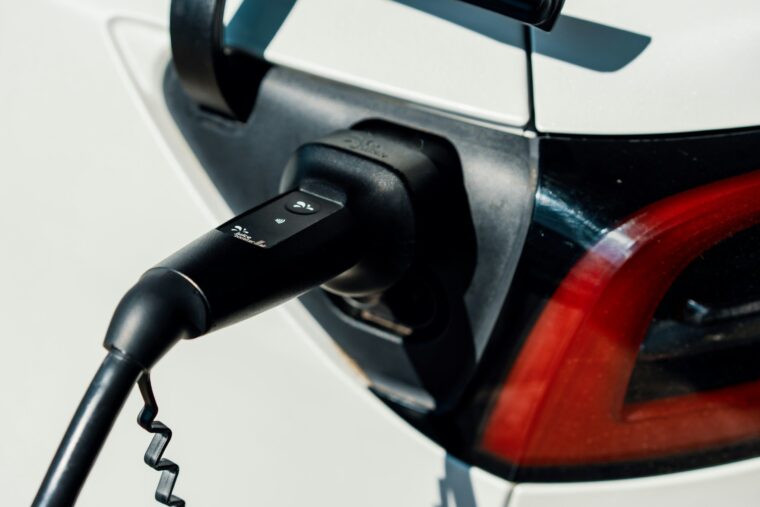
Electric vehicle drivers across the Golden State will have more options on where to plug in their cars and trucks. Due to rapid construction so far in 2024, California announced that the state now has over 150,000 active EV charging stations. Nearly one-third of those chargers have been added since the end of 2023.
Electrifying transportation has become a cornerstone of federal climate policies, and California has long embraced the shift with vehicle emissions standards. However, consumer sentiment on the EV push has been mixed, with limited vehicle range and sparse charging networks being a common hesitation around the adoption of EVs. The rapid growth in California’s charging network is a major step toward making going electric an easier choice.
California has completed installation of 47,000 charges so far this year. More than half of those were built in 2024, while the remaining had already been under construction in the previous year. Nationally, California’s progress has contributed to a doubling of the number of EV chargers available since the start of 2021, according to an announcement from the Federal Highway Administration.
This milestone comes as California continues to lead the nation in the adoption of electric vehicles — sometimes also called zero-emission vehicles or ZEVs, a category that can include hydrogen-powered vehicles. In the second quarter of 2024, about 25 percent of all new cars sold in the state were ZEVs, with an average of 1,300 sold each day.
The California Energy Commission (CEC) has been at the forefront of this push, approving more than $1 billion in funding for EV charging and hydrogen refueling projects this year alone. These projects span from deploying chargers in underserved and rural communities to increasing the charging options along some of the state’s busiest corridors.
One of the most significant investments is $390 million earmarked for electric school bus charging that aims to improve air quality around schools while moving the state close to its emissions reduction goals. Another $30 million has been allocated to increase in-state manufacturing of electric vehicles and related equipment like charging technology, fostering job growth in the clean tech sector.
The state is also addressing one of the biggest hurdles to EV adoption: charging access for apartment dwellers. With $12 million dedicated to installing EV chargers at apartments and townhouse complexes, California is working to ensure that the benefits of electric vehicles are accessible to all residents, not just homeowners with private garages.
For Californians interested in the impact of these initiatives in their local areas, the state has launched a website, build.ca.gov, where residents can find information about EV charging projects and other infrastructure upgrades in their communities.
Looking ahead, California has received more funding through the 2021 Infrastructure Investment and Jobs Act to expand the charging network, bringing total funding to $380 million, according to the Governor’s office. The latest award is $150 million spread across five different projects from the Charging and Fueling Infrastructure grant program. The next round of applications for the program has been extended until September 11.
The impact of these investments extends beyond environmental benefits and convenience for drivers. California is now home to 60 ZEV and ZEV-related manufacturers, leading the nation in green transportation jobs. With nearly 2 million total vehicle sales to date and a growing network of charging stations, California is demonstrating that clean transportation is well underway.
The state still has more to accomplish as it races towards a goal of 100% zero-emissions vehicle sales by 2035, a vision set out by Governor Gavin Newsom’s executive order in 2020.
The post California reaches milestone of 150,000 EV chargers appeared first on Government Market News.
